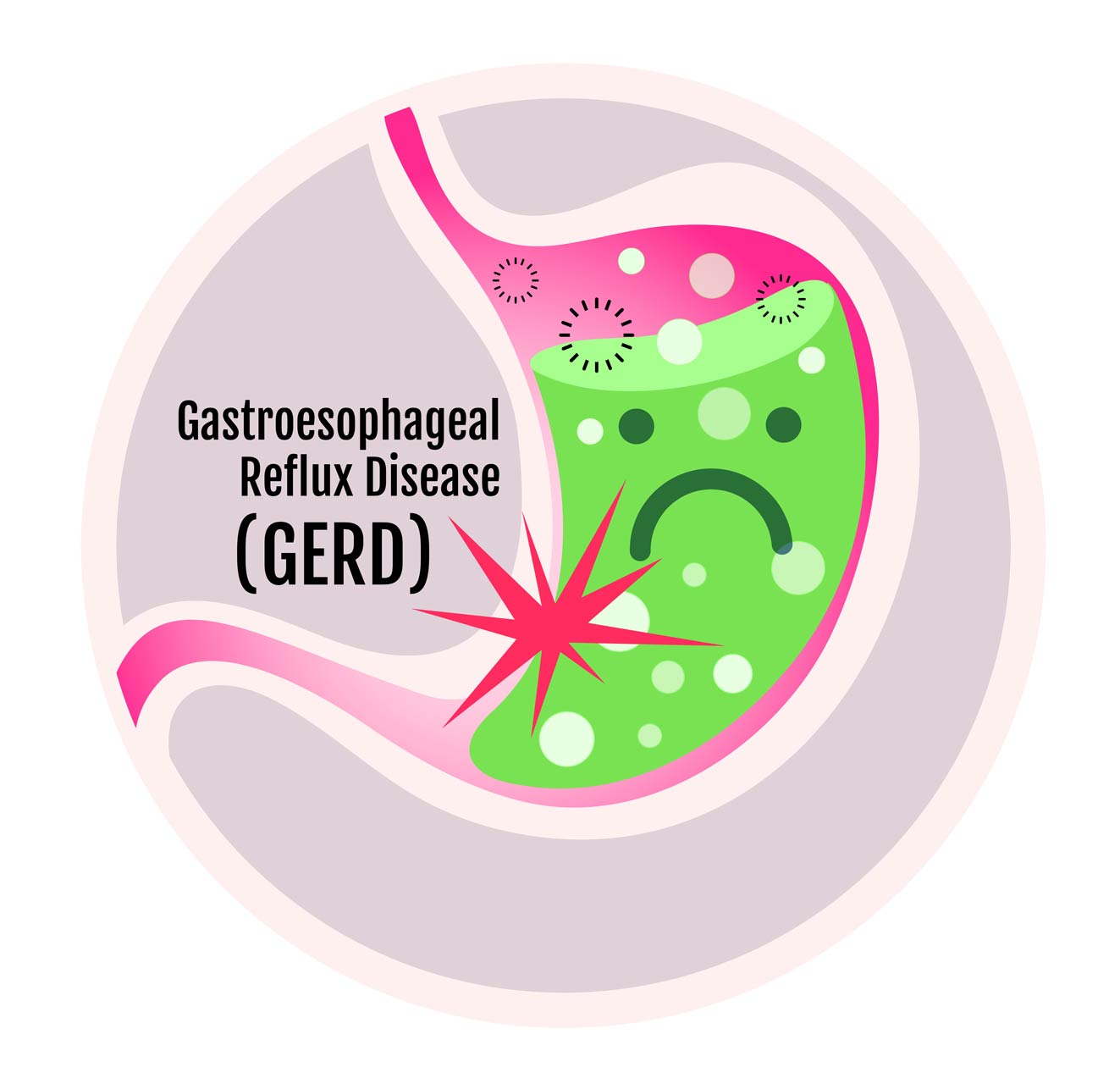Free Case Evaluation
You will never be charged a fee unless a recovery is made for you.
We are no longer accepting new cases.

Proton Pump Inhibitors—PPIs—are used to treat acid reflux (heartburn) and to alleviate or prevent conditions such as ulcers, gastroesophageal reflux disease (GERD), and Zollinger-Ellison syndrome (a condition that can lead to peptic ulcers). PPIs are sold over-the-counter and also in prescription strengths. Common brands are Prevacid®, Nexium®, and Prilosec®. PPIs have been linked to increased risk of dangerous kidney problems that may lead to the need for dialysis or even death.
PPIs are drugs that block acid production in the stomach. When we eat, proton pumps in the linings of our stomachs make acid to break down the food so we can digest it and absorb its nutrients. Too much acid may result in heartburn, discomfort, GERD, and sometimes in the formation of ulcers. PPIs (proton pump inhibitors) reduce the amount of acid the stomach produces.
There are many PPIs—sold both over-the-counter and by prescription. They include:
People take over-the-counter PPIs like Nexium 24 HR, Prilosec OTC, and Prevacid 24-Hour for heartburn. There are other kinds of drugs to treat heartburn, too, such as antacids, like Tums® and Rolaids®, and histamine blockers (H2 blockers), like Pepcid® and Zantac®. But it is PPIs that have been associated with adverse medical events in some people.
PPIs may be purchased over-the-counter for heartburn, and they also may be prescribed to:


Studies have found PPI-related health risks. Some of the most serious involve kidney damage. They are:
Chronic kidney disease (CKD) occurs when kidneys stop functioning the way they should. It occurs gradually, so it may not be diagnosed until the situation is acute. Your kidneys filter waste and excess fluid from your blood. As CKD progresses, the kidneys do a poorer and poorer job of filtration and dialysis is required. However, when it becomes acute, CKD is easily diagnosed but also quite dangerous; it can progress to end-stage renal failure, which is fatal unless a kidney transplant is performed.
Acute interstitial nephritis (AIN) occurs when there is swelling between the tubules of your kidneys. The kidney’s tubules function to reabsorb water and other organic substances and eliminate those not needed. When they swell, the kidneys can’t function properly. Acute interstitial nephritis is often caused by drug reaction and PPIs have been found to be the most common drugs associated with it. PPIs have been found responsible for up to 15 percent of hospitalizations for AIN.
End-stage renal disease is the last stage of chronic kidney disease. CKD is gradual, and symptoms get more and more serious over time, but may not be diagnosed and therefore may not have been treated in its early stages. Once a patient reaches end-stage renal disease, dialysis or transplant is necessary for survival. Without it, death is certain.
Have you or a loved one taken PPIs and suffered kidney damage? Have you been diagnosed with CKD or AIN or acute kidney injury (AKI)? Have you had to endure dialysis?
If you or a loved one has had kidney disease and taken PPIs, you may be entitled to compensation, for the added medical and care expenses, lost work, and emotional pain and suffering.
Contact us for a free consultation. Our experienced attorneys take a personalized, compassionate approach. We cut through the legalese and partner with our clients. We also have access to the expertise, resources, and manpower to fully investigate each case and fight for and with our clients against the big corporations to seek the justice they deserve.
You pay nothing unless we win your case. Call us at 800-796-1636 or submit your case details online and someone will contact you shortly.
Sources
You will never be charged a fee unless a recovery is made for you.